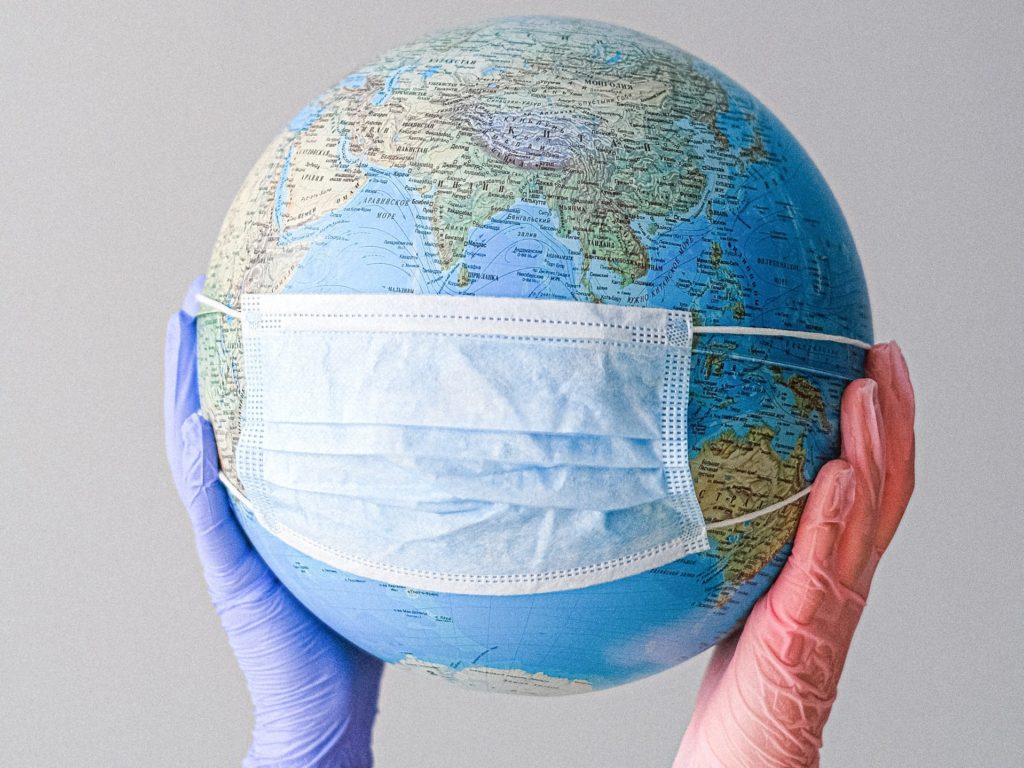
By Alex Mankoo, Lecturer in Public Policy
As part of the Policy Making and Policy Analysis (PMPA) module in SPRU, I run a seminar where students take on the role of advisers to principals from governments and international organisations that have to coordinate policy responses to an evolving disease outbreak situation. With the COVID-19 pandemic unfolding over the last six months, I have often found myself thinking back to the most recent iteration of this seminar.
To give some context, Dr Caitríona McLeish, my colleague in the Harvard Sussex Program, convened PMPA before me and began including this role-play in the module in 2016, having experienced being a participant in same “table-top” exercise at an international biosecurity conference. Table-top exercises are a common educational tool in our area of policy and this one, Atlantic Storm, was designed by colleagues at the University of Pittsburgh to illustrate to policy makers and shapers the numerous complex national and international challenges that would arise in the event of a large-scale epidemic of infectious disease – whatever its origins.
I ran this seminar for three different PMPA student groups last November. The original Atlantic Storm exercise was designed to be performed over six hours, so adapting it for a two-hour seminar slot poses a unique but rewarding challenge. In fact, the time-poor nature of the format actually helps students to get a tangible sense of how policy makers operate under inherent limitations. The students quickly realise that there is often far too much information (which is often conflicting and continuously evolving) to be absorbed in the time available to design their advice. It is not possible for them to adopt a ‘rational’ approach to policy making, in which they determine rational solutions to an unambiguous problem.
So, what happened? Early on in the scenario, much of the students’ debate centred upon controlling the spread of the disease by closing borders: when to close borders, which borders to close – air, sea, or land? One group later found themselves backtracking on decisions they had made, as they felt their initial decisions had been too extreme. They grappled with the fact that border security policies do not operate in isolation – closing borders means disrupting international trade and supply chains, and impacts diplomatic relations. They debated strategies of quarantine and contact tracing, identifying priority populations to protect or treat first. They suggested bringing on board private sector organisations to assist national healthcare efforts.
Then they discussed how to deal with locating the source of the outbreak – who to hold accountable, through what international mechanisms, why, and the effects of doing so. They had to formulate policies to address the rise xenophobia towards particular groups who became targets of blame in the wake of the outbreak.
Meanwhile, they had to start thinking about vaccine development strategies. How long would this take? Who should be involved? What kind of public-private partnerships might need to be developed? Which nations could collaborate on the research effort? How would limited stocks of the vaccine be distributed to different nations, and what of the diplomatic fallout that might ensue?
The scenario ended with the fictitious world still reeling from the effects of a global pandemic – the participants having put all their energies into doing their best to mitigate and handle the crisis though a multitude of policies spanning a range of sectors. Through ‘experiencing’ rather than just reading about the complexity of policy making, however, students get a sense of how the policy responses to such an outbreak might unfold in practice.
Fast-forward a few months, and nations were imposing quarantines and closing borders across the world in response to the developing COVID-19 pandemic. I had a number of students telling me that what they were seeing was eerily familiar – earlier cohorts of students contacted Caitríona with the same message. The border policies, contact tracing debates, vaccine development strategies, debates on the economic impact, issues around xenophobia, information overload (as well as mis and dis information) and diplomatic spats were playing out in the world around us. The debates that we had in the seminar room were now playing out in the media.
I see seminars like Atlantic Storm as really valuable teaching tools, because they help students to ‘experience’ (even just to a limited extent) how policymaking can play out in practice, a vital complement to their readings and course material. The next step now will be adapting the seminar for the post-COVID-19 world – and it will no doubt be a new teaching experience to run future seminars with participants who have been living through just such a global pandemic.


Leave a Reply